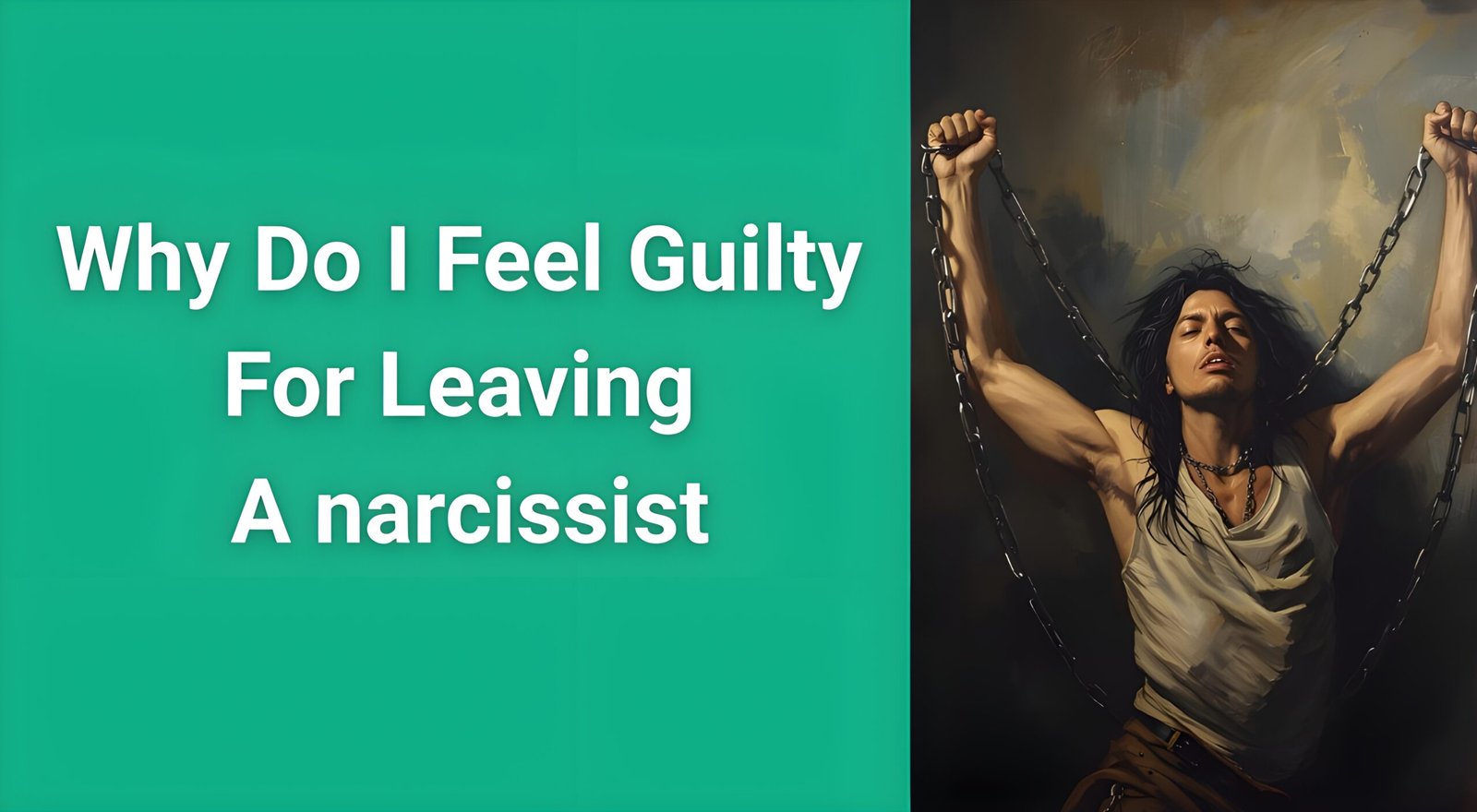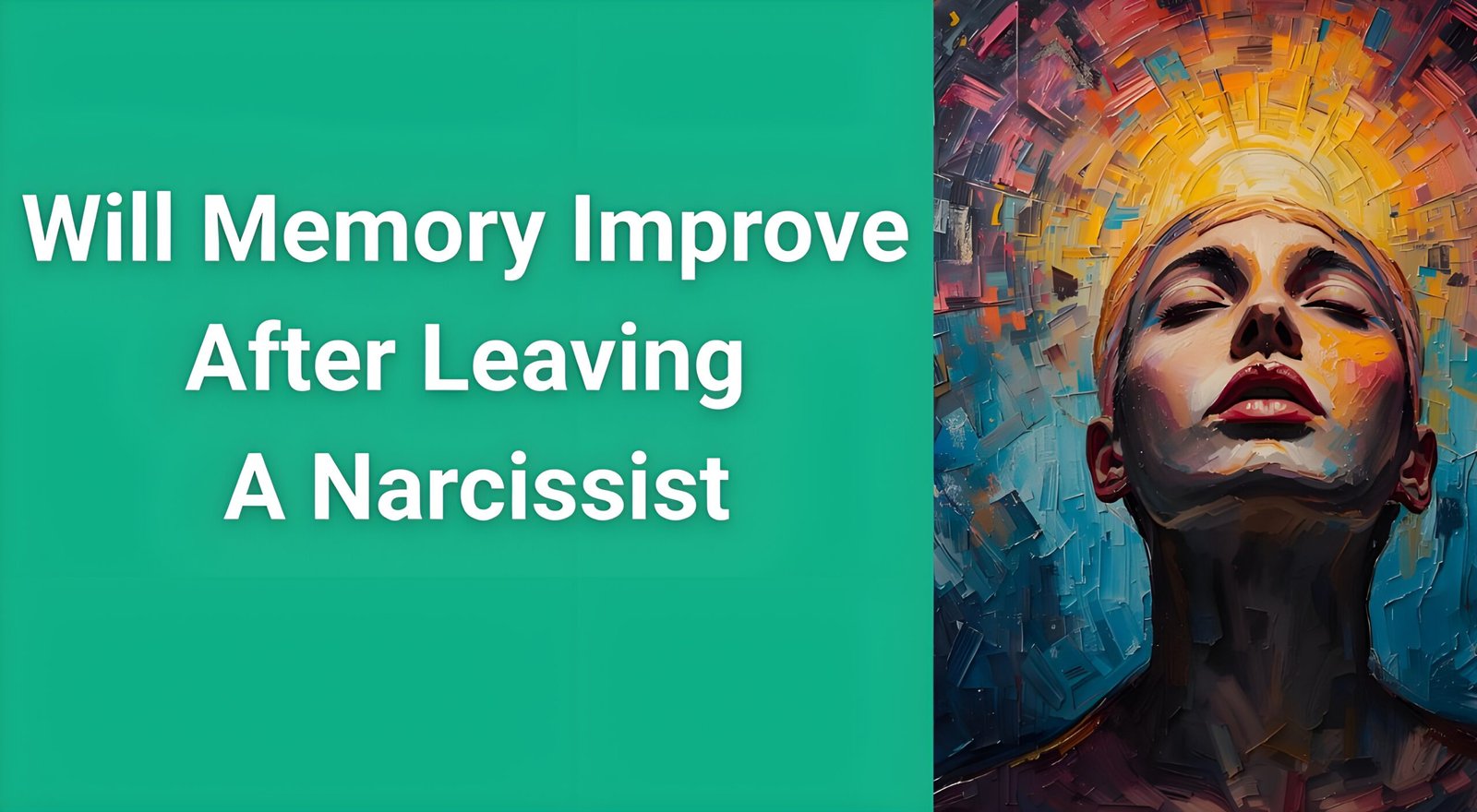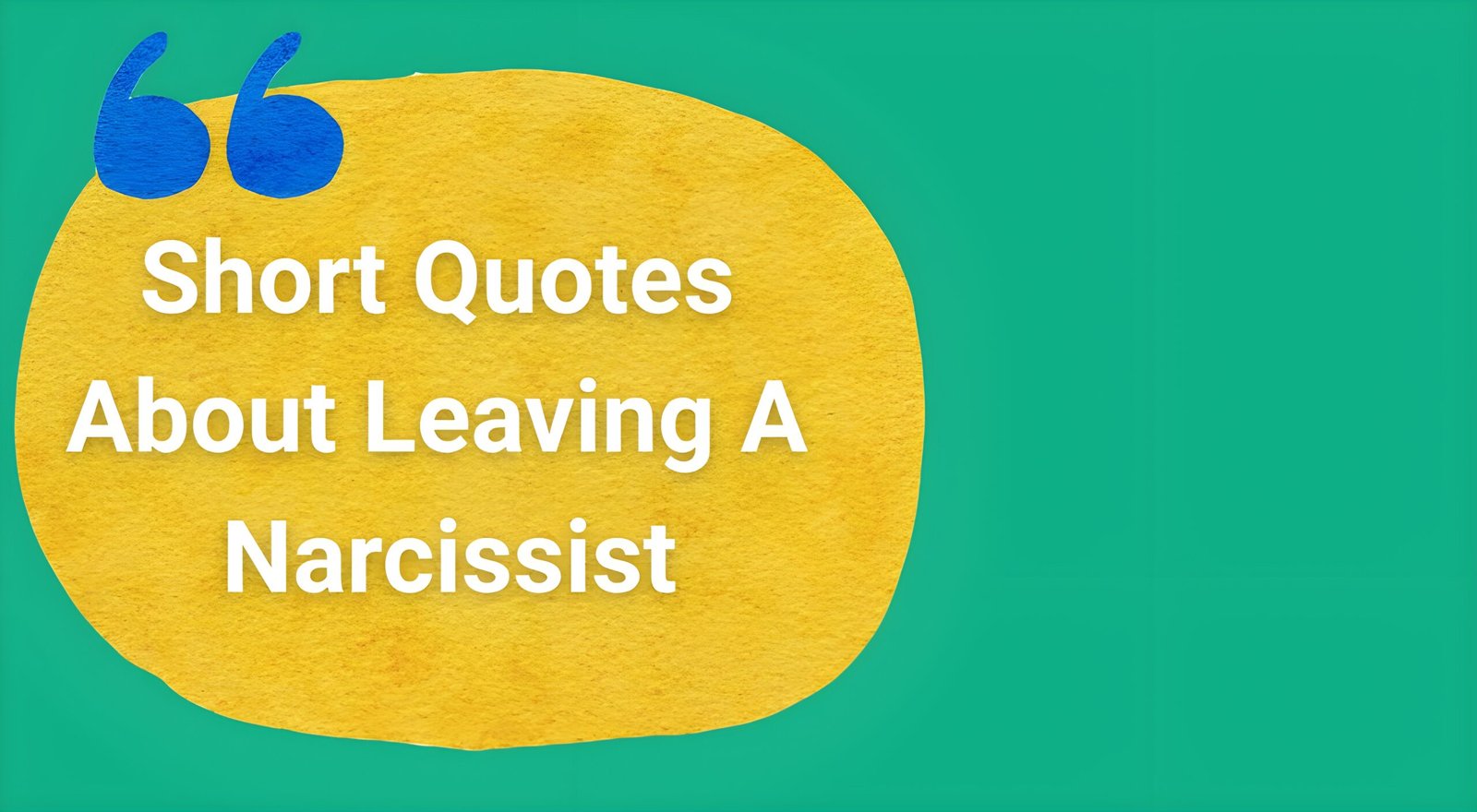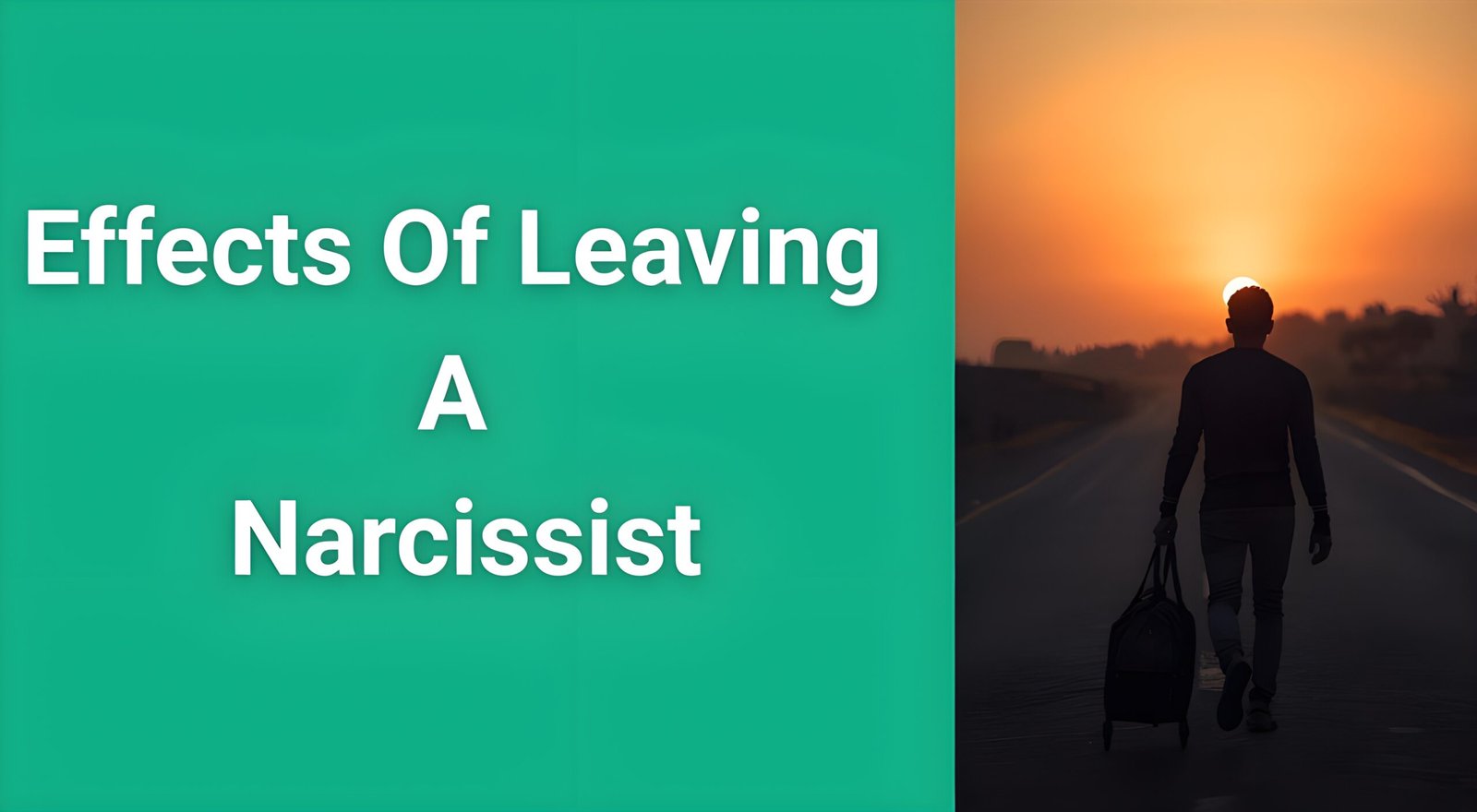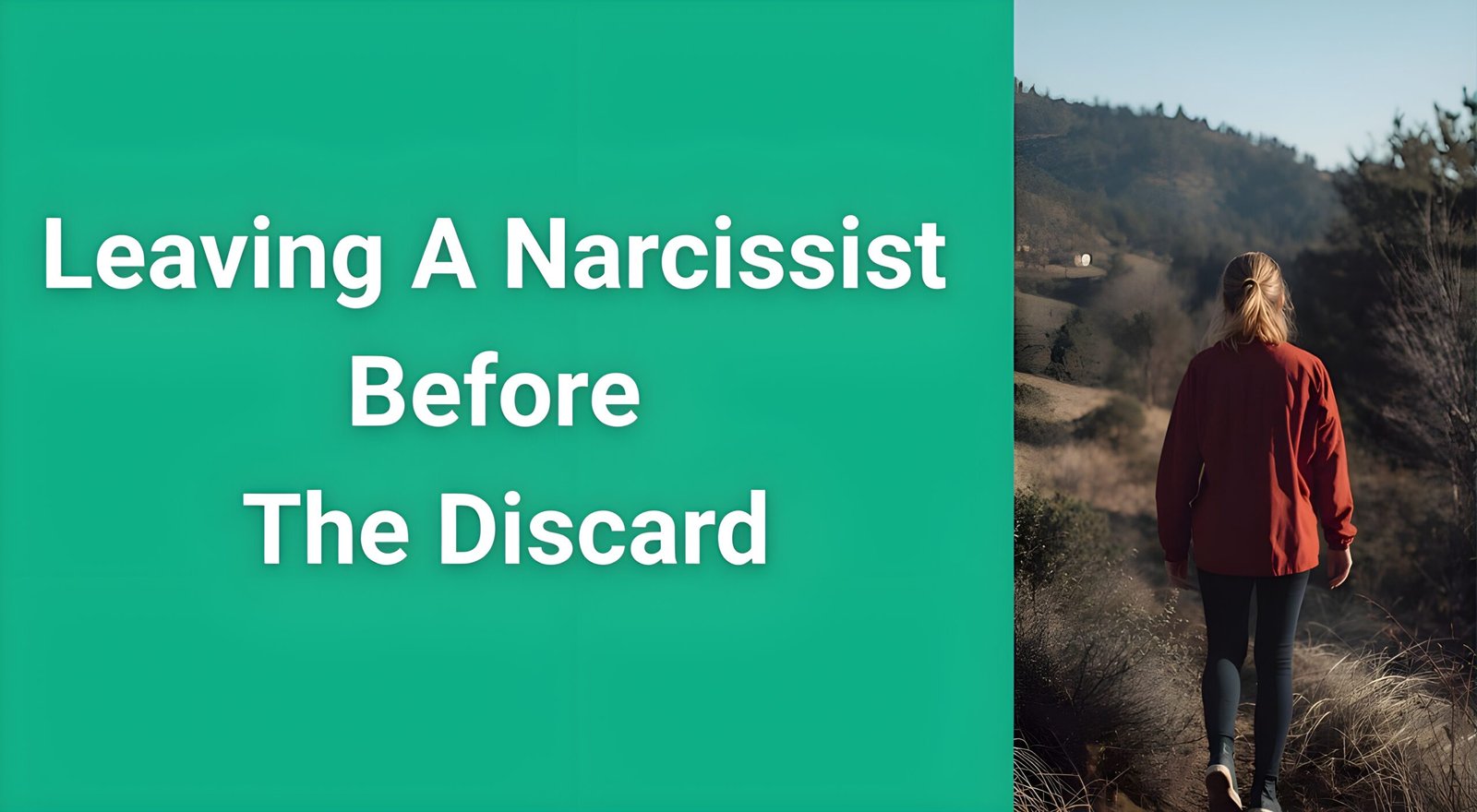You finally did it. You left the person who manipulated, gaslighted, and systematically destroyed your sense of reality. You escaped someone who hurt you repeatedly, someone who showed no genuine empathy for your pain. You should feel relief, freedom, maybe even celebration.
- The Neurological Truth Behind Your Guilt
- Why Smart, Strong People Feel Guilty Leaving Narcissists
- The Five Types of Guilt That Keep You Trapped
- The Physical Withdrawal Symptoms of Leaving a Narcissist
- Breaking Through the Guilt: A Step-by-Step Approach
- The Difference Between Healthy Guilt and Trauma-Bond Guilt
- How Professional Support Can Help You Heal
- Practical Tools for Managing Guilt Waves
- The Systematic Recovery Process
- When You Can’t Leave Yet: Managing Guilt While Still Connected
- Long-Term Recovery: Building a Guilt-Free Future
- FAQ Section
- Conclusion: Your Guilt Is Not Your Guide
Instead, you feel crushing guilt.
You’re not weak. You’re not “too sensitive.” And you’re definitely not crazy. What you’re experiencing when you feel guilty for leaving a narcissist has a scientific explanation rooted in brain chemistry, neurological conditioning, and psychological survival mechanisms that kept you alive in an impossible situation.
Understanding why you feel guilty for leaving a narcissist isn’t just intellectually satisfying—it’s the first step toward freeing yourself from the invisible chains that keep pulling you back into their orbit, even when every logical part of your brain knows better.
The Neurological Truth Behind Your Guilt
Your brain has been hijacked. That’s not a metaphor—it’s a medical reality. When you were in a relationship with a narcissist, your brain underwent systematic rewiring that mirrors the neurological changes seen in cocaine addiction.
Research from neuroscientist Dr. Helen Fisher reveals that love activates the same neural pathways responsible for drug addiction. But in abusive relationships with narcissists, this natural bonding process becomes weaponized through trauma bonding—a neurological addiction that’s actually stronger than cocaine.
Here’s what happened in your brain: The narcissist’s cycle of intermittent reinforcement—unpredictable switches between cruelty and kindness, neglect and love-bombing—triggered massive releases of dopamine, oxytocin, and stress hormones. Your brain learned to associate this person with survival itself.
The Dopamine Trap That Creates Guilt
Dopamine is your brain’s reward chemical, but it doesn’t flow consistently in healthy relationships. Paradoxically, dopamine flows more readily when rewards are unpredictable. This is why slot machines are addictive—you never know when the next payoff will come.
Narcissists are expert intermittent reinforcement machines. They trained your brain to crave their approval, their attention, their version of “love” by making it scarce and conditional. Every small kindness after abuse felt like winning the lottery because your dopamine-starved brain was desperate for relief.
Now that you’ve left, your brain is experiencing withdrawal. The guilt you feel isn’t moral guilt—it’s your nervous system screaming that you’ve abandoned your “drug.” Your brain genuinely believes you need this person to survive, even though your rational mind knows they were destroying you.
Why Smart, Strong People Feel Guilty Leaving Narcissists
You might be asking yourself: “How did I end up trauma bonded? I’m intelligent, successful, independent.” Trauma bonds aren’t about intelligence—they’re about your capacity for attachment and empathy. The people most vulnerable to narcissistic abuse are often highly empathetic individuals with strong relationship skills.
Narcissists specifically target people with these qualities because they provide the most psychological “supply.” Your empathy, which is one of your greatest strengths, became the very tool they used to control you.
The Systematic Conditioning Process
Understanding how narcissists create trauma bonds helps explain why you feel guilty for leaving. This wasn’t accidental—it was systematic psychological conditioning designed to make leaving feel impossible:
Love-Bombing Phase: They studied you, discovered your deepest needs and insecurities, then crafted the perfect persona to meet those needs. This wasn’t authentic love—it was strategic mirroring designed to create intense attachment.
Devaluation Phase: Once you were hooked, they gradually introduced criticism, contempt, and manipulation. But they were careful to mix this abuse with just enough kindness to keep you hoping for a return to the “honeymoon period.”
Trauma Bond Formation: Your brain learned that this person held the keys to both your pain and your relief. They became your drug dealer and your drug simultaneously.
The guilt you feel isn’t evidence that you made a mistake leaving—it’s evidence of how effectively they conditioned your nervous system to depend on them.
The Five Types of Guilt That Keep You Trapped
When you feel guilty for leaving a narcissist, the guilt typically falls into five distinct categories. Understanding these can help you recognize which thoughts are trauma-bond withdrawal versus legitimate concerns:
1. Abandonment Guilt
“They need me. What if they hurt themselves? I’m the only one who understands them.”
This guilt stems from the narcissist’s manipulation tactic of presenting themselves as vulnerable and dependent on you. They convinced you that their emotional stability depended on your presence. This is psychological manipulation—healthy adults don’t hold others responsible for their emotional regulation.
2. Responsibility Guilt
“Maybe if I had been more patient, more understanding, less reactive…”
Narcissists are masters at making you feel responsible for their behavior. They trained you to believe that your actions controlled their reactions. This is gaslighting. You are not responsible for another adult’s abusive behavior, no matter what you did or didn’t do.
3. Memory Guilt
“But there were good times. They weren’t all bad. Maybe I’m remembering it worse than it was.”
This guilt comes from the brain’s natural tendency to minimize trauma and maximize positive memories when we’re no longer in immediate danger. Trauma bonding specifically exploits this by creating intensely positive moments mixed with abuse. Those “good times” were part of the systematic conditioning.
4. Identity Guilt
“I’m not the type of person who gives up on people. I always work through problems.”
Narcissists deliberately target your core values and use them against you. If you value loyalty, they’ll frame leaving as betrayal. If you value compassion, they’ll present themselves as misunderstood. This isn’t you failing your values—this is recognizing that some people exploit those values to harm you.
5. Success Guilt
“They helped make me successful. I owe them something.”
Any support they provided came with strings attached and was ultimately about controlling you. Healthy supporters celebrate your success without requiring emotional payment. If someone’s “help” came with the cost of your psychological well-being, it wasn’t help—it was investment in their control over you.
The Physical Withdrawal Symptoms of Leaving a Narcissist
Understanding why you feel guilty for leaving a narcissist requires recognizing that your body is experiencing actual withdrawal symptoms. These physical manifestations prove that your attachment wasn’t “just emotional”:
Sleep Disruption: Your nervous system remains in hypervigilance mode, making rest difficult.
Appetite Changes: Stress hormones affect digestion and hunger cues.
Anxiety and Panic: Your body interprets separation as a survival threat.
Cravings for Contact: Like any addiction, you experience intense urges to reconnect with your “supply.”
Physical Pain: Heartbreak activates the same brain regions as physical injury.
Obsessive Thoughts: Your brain compulsively replays memories, searching for ways to “fix” the situation.
These symptoms are temporary, but they’re very real. Recognizing them as withdrawal rather than evidence that you made a mistake helps you push through the difficult early days of recovery.
Breaking Through the Guilt: A Step-by-Step Approach
Overcoming guilt after leaving a narcissist requires both intellectual understanding and practical strategies to rewire your conditioned responses. Here’s how to begin:
Step 1: Reality Testing Your Guilt
When guilt arises, pause and ask yourself these questions:
- “Is this guilt based on my actions, or their conditioning of my reactions?”
- “Would I advise a friend to feel guilty for leaving someone who treated them this way?”
- “Am I feeling guilty for protecting myself from abuse?”
Step 2: Document Your Reality
Your memory has been systematically corrupted by gaslighting. Start keeping a record of what actually happened in the relationship. Write down specific incidents of manipulation, lies, or abuse. When guilt tries to rewrite history, return to your documented reality.
Step 3: Understand the Trauma Bond Cycle
Recognizing that your attachment was artificially created through psychological manipulation helps separate your genuine feelings from conditioned responses. The love you felt was real, but it was based on a carefully constructed false persona designed to exploit your empathy.
Step 4: Identify Your Triggers
Notice when guilt feelings intensify. Common triggers include:
- Seeing them on social media
- Mutual friends mentioning them
- Holidays or anniversaries
- Times when you previously would have sought their comfort
Understanding your triggers helps you prepare for and manage guilt waves.
Step 5: Practice Self-Compassion
The guilt you feel is evidence of your humanity and capacity for love—qualities that were exploited but remain beautiful parts of who you are. You’re not guilty of anything except having a heart that someone else weaponized against you.
The Difference Between Healthy Guilt and Trauma-Bond Guilt
Learning to distinguish between appropriate guilt (which helps us course-correct when we genuinely harm others) and trauma-bond guilt (which keeps us trapped in harmful patterns) is crucial for recovery.
Healthy guilt: Motivates repair and behavior change when we’ve actually wronged someone.
Trauma-bond guilt: Serves no constructive purpose and keeps you attached to someone who harmed you.
Ask yourself: “Does this guilt help me become a better person, or does it just make me more likely to accept mistreatment?”
If your guilt makes you want to return to someone who abused you rather than grow from the experience, it’s trauma-bond guilt that needs to be challenged rather than honored.
How Professional Support Can Help You Heal
While understanding the science behind your guilt is empowering, healing from narcissistic abuse often requires professional support. A trauma-informed therapist who specializes in narcissistic abuse recovery can help you:
- Process the systematic psychological manipulation you experienced
- Develop strategies to manage withdrawal symptoms
- Rebuild your sense of reality and self-worth
- Learn to trust your own perceptions again
- Develop healthy relationship skills for the future
For those who need immediate clarity about their situation, specialized assessments can provide expert analysis of your specific relationship dynamics and personalized recovery strategies. These comprehensive evaluations help validate your experience and provide a roadmap for healing.
Practical Tools for Managing Guilt Waves
Guilt rarely disappears overnight. Instead, it tends to come in waves that gradually become less frequent and intense. Here are practical tools for managing these waves:
The 90-Second Rule
Neuroanatomist Dr. Jill Bolte Taylor discovered that the physical lifespan of an emotion is 90 seconds. When guilt arises, remind yourself: “This feeling will naturally pass in 90 seconds if I don’t feed it with thoughts.”
Grounding Techniques
When guilt overwhelms you, use the 5-4-3-2-1 technique:
- 5 things you can see
- 4 things you can touch
- 3 things you can hear
- 2 things you can smell
- 1 thing you can taste
This brings you back to the present moment rather than getting lost in guilt spirals.
The Evidence Binder
Keep a physical or digital collection of evidence about who this person really was: screenshots of cruel messages, testimonies from friends who witnessed their behavior, your journal entries from during the relationship. When guilt tries to rewrite history, review your evidence.
Support System Activation
Have a list of supportive people you can contact when guilt feels overwhelming. Sometimes you need external validation to remember that your perception of reality is accurate.
The Systematic Recovery Process
Healing from trauma bonding and overcoming guilt requires a systematic approach. Many survivors find structured programs helpful because willpower alone isn’t sufficient to overcome neurological conditioning.
Recovery workbooks designed specifically for trauma bond healing provide day-by-day guidance through the neurological rewiring process. These resources combine neuroscience education with practical exercises to help your brain form new, healthier patterns.
The 30-day timeframe is significant because it takes approximately this long for new neural pathways to begin forming, though complete healing takes longer. Having a structured approach helps you push through the most difficult early phase when guilt and withdrawal symptoms are strongest.
When You Can’t Leave Yet: Managing Guilt While Still Connected
Sometimes circumstances prevent immediate physical separation from a narcissist. Financial constraints, child custody issues, or safety concerns might require you to maintain some level of contact. Understanding why you feel guilty for leaving a narcissist can still help even when leaving isn’t immediately possible.
In these situations, emotional detachment becomes crucial. You can begin the psychological separation process even before physical separation is possible. This involves:
- Recognizing manipulation tactics as they happen
- Refusing to engage emotionally with their provocations
- Building internal psychological boundaries
- Planning for eventual physical separation
- Maintaining your sense of reality despite ongoing gaslighting
Learning strategies to survive while you prepare to leave safely can be life-saving in these situations. This might involve understanding legal protections, financial planning, or developing covert communication with support systems.
Long-Term Recovery: Building a Guilt-Free Future
Understanding why you feel guilty for leaving a narcissist is just the beginning of recovery. Long-term healing involves rebuilding your ability to trust your own judgment, developing healthy relationship skills, and preventing future trauma bonds from forming.
Recognizing Red Flags Early
Now that you understand how trauma bonds form, you can recognize the early warning signs:
- Love-bombing that feels too intense too quickly
- Attempts to isolate you from support systems
- Subtle manipulation disguised as concern
- Boundary testing disguised as intimacy
- Making you responsible for their emotional regulation
Rebuilding Self-Trust
Narcissistic abuse systematically destroys your ability to trust your own perceptions. Recovery involves slowly rebuilding confidence in your ability to accurately assess people and situations.
Understanding Healthy Relationships
If you’ve been trauma bonded, you might not have clear models of what healthy relationships look like. Learning about secure attachment, healthy boundaries, and mutual respect helps you recognize the difference between genuine love and manipulation.
FAQ Section
Q: How long will the guilt last after leaving a narcissist?
A: The intensity typically peaks in the first 2-4 weeks and gradually decreases over 3-12 months, depending on the length and severity of the relationship and whether you maintain no contact.
Q: Is it normal to miss them even though they abused me?
A: Absolutely. You’re not missing your abuser—you’re missing the dopamine hits from the trauma bond and the persona they created during love-bombing. This is neurological withdrawal, not evidence you should return.
Q: What if they really are trying to change now?
A: Narcissistic personality patterns are deeply ingrained and rarely change without years of intensive therapy. Promises to change are usually manipulation tactics to draw you back into the abuse cycle.
Q: Should I feel guilty about the impact on mutual friends or family?
A: Your safety and well-being must come first. Anyone who pressures you to maintain contact with someone who abused you doesn’t understand the situation or prioritize your welfare.
Q: How do I know if my guilt is justified or trauma-bond related?
A: Justified guilt motivates positive change. Trauma-bond guilt only serves to keep you attached to someone who harmed you. If your guilt makes you want to return to abuse rather than grow from the experience, it’s trauma-bond guilt.
Q: Can trauma bonding happen again with someone else?
A: Without proper healing and education about manipulation tactics, survivors can be vulnerable to future trauma bonds. This is why understanding the psychology and working on recovery is so important.
Conclusion: Your Guilt Is Not Your Guide
The guilt you feel after leaving a narcissist isn’t your moral compass—it’s your nervous system’s conditioned response to systematic psychological manipulation. Understanding the neuroscience behind trauma bonding helps you recognize that your feelings were artificially created through intermittent reinforcement and psychological conditioning.
You didn’t leave someone who loved you—you escaped from someone who exploited your capacity for love. The guilt you experience is evidence of your humanity, not your failure. It’s proof that you have the exact qualities that make you capable of genuine, healthy love when you’re ready.
Healing from narcissistic abuse takes time, patience, and often professional support. But understanding why you feel guilty for leaving a narcissist is the first step toward freedom from the invisible chains that kept you trapped.
Your guilt will fade as your nervous system rewires itself back to baseline. Your reality will become clear again as the fog of gaslighting lifts. And eventually, you’ll feel not guilt but pride for choosing yourself, your safety, and your sanity over the comfortable prison of trauma bonding.
The person who hurt you is counting on your guilt to bring you back. Don’t let them win. Your freedom—and your peace—are worth more than their comfort.

